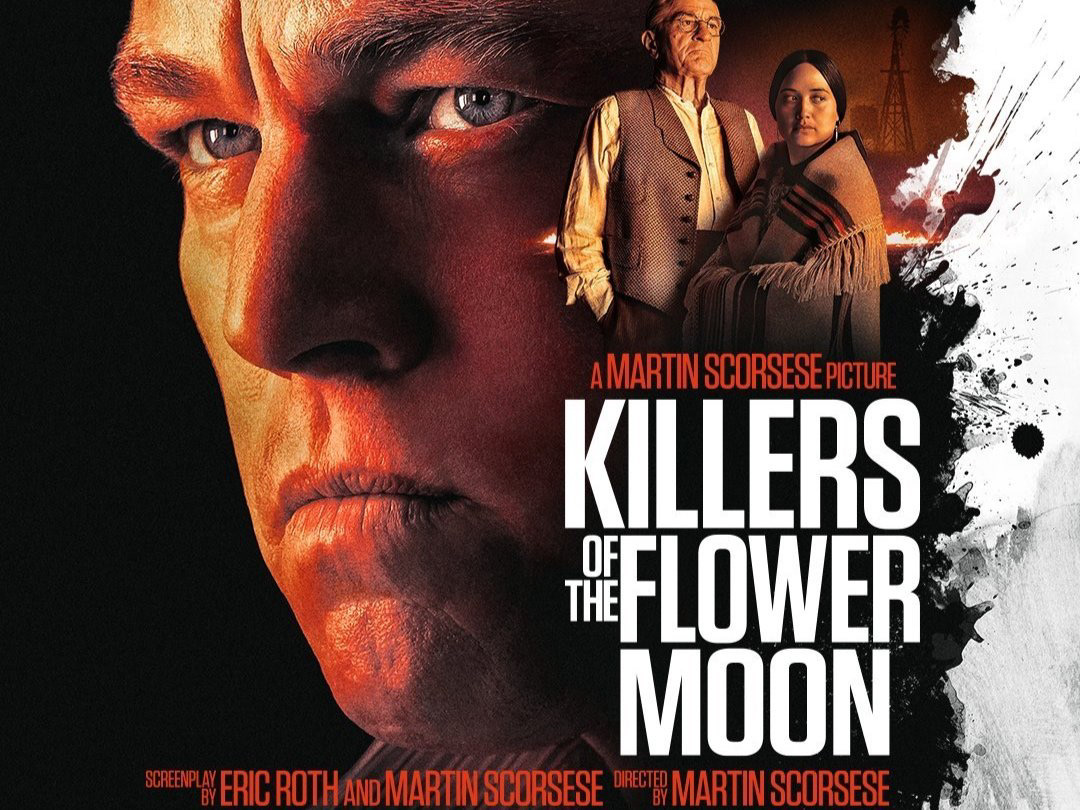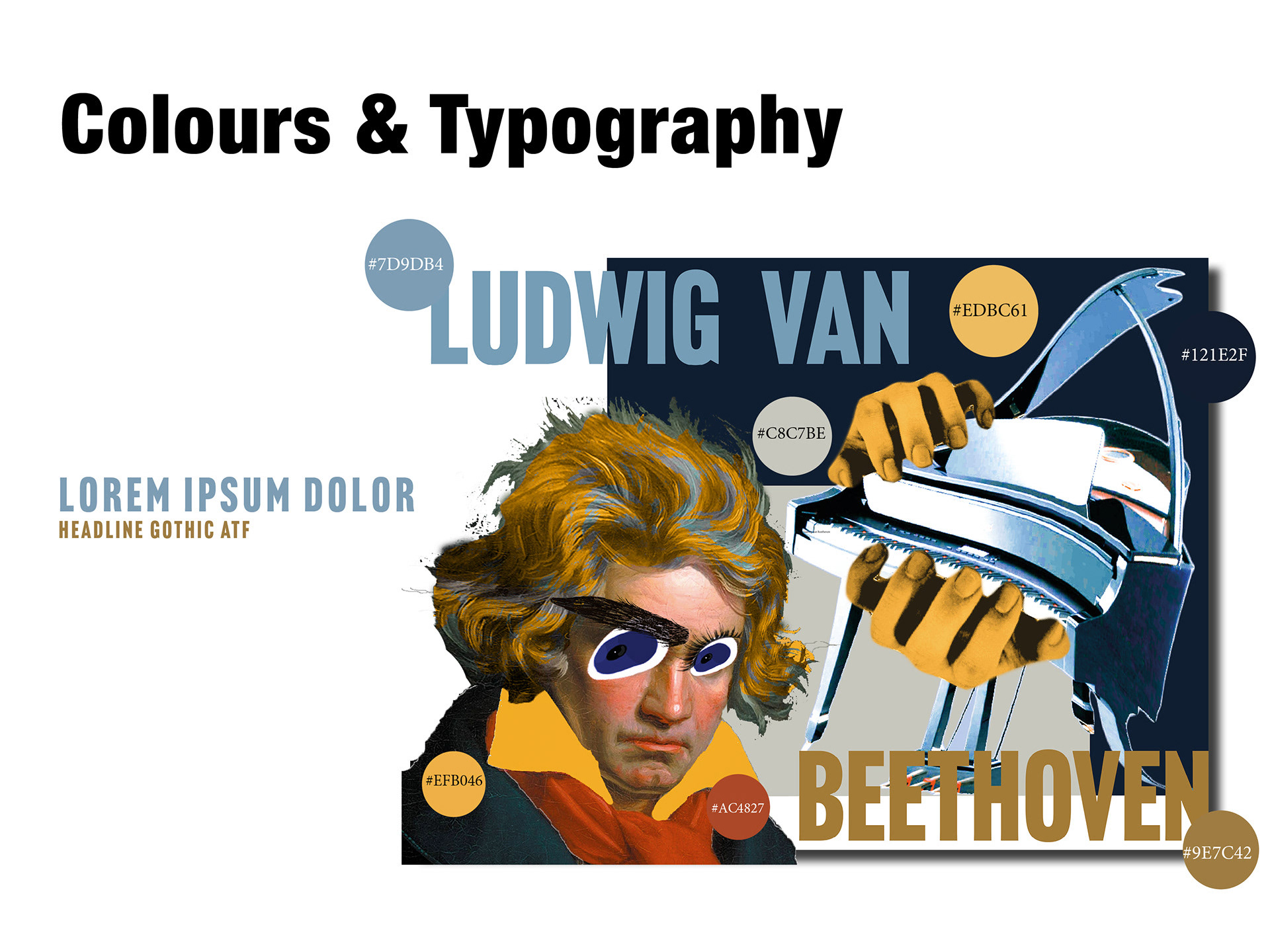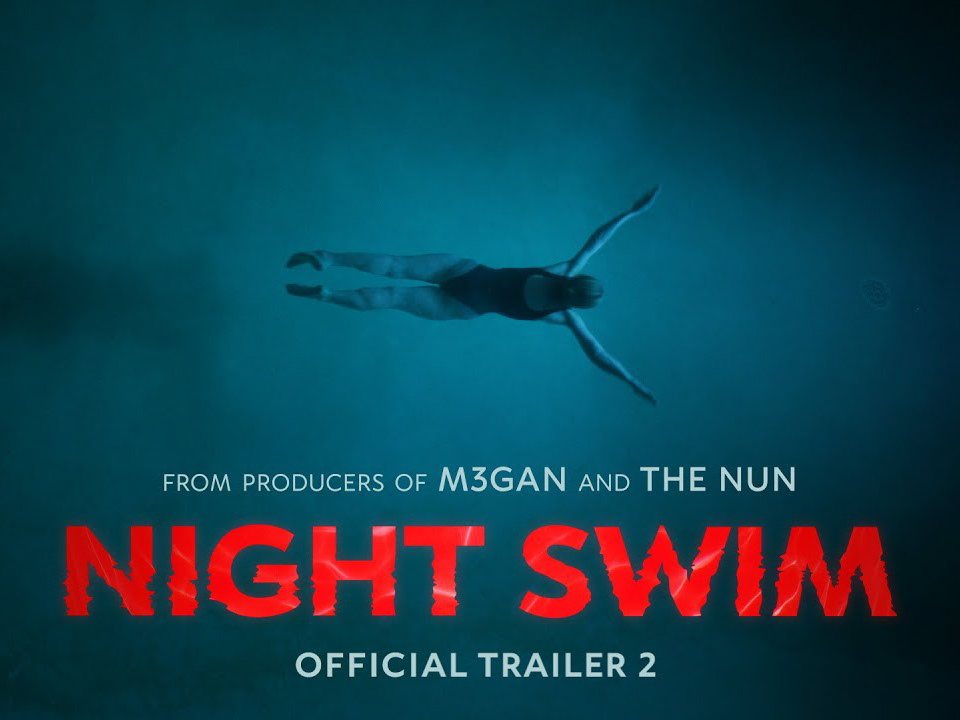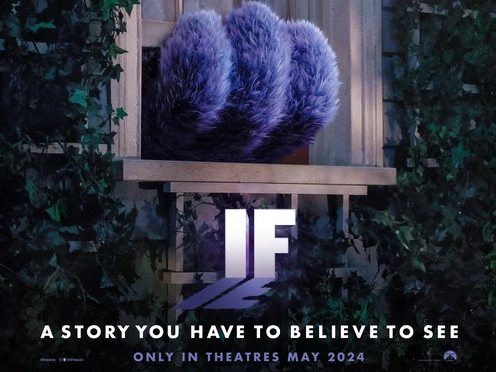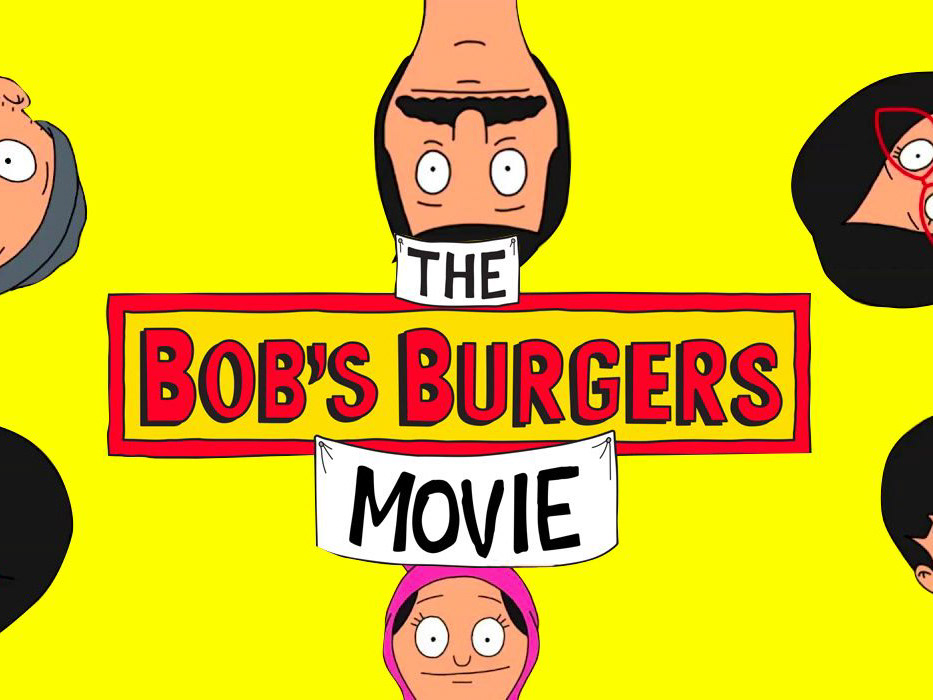Don't be a Parrot - be an Owl
The D&AD New Blood Award - Duolingo Brief
“Don’t be a Parrot - be an Owl” is a New Year resolution campaign that seeks to create new habits and to encourage youths to not only repeat tasks and passively learn languages (parrots) but also be active in the whole learning process: take part in forum discussions, Duolingo online events, follow Duolingo on social media platforms, experience languages while travelling (owls).
For this brief, the “Don’t be a Parrot - be an Owl” team researched Duolingo and the language learning process and expanded research methodologies by interviewing teachers and 16-22 year-olds from around the world. Conduct research and idea generation helped us to prepare the solutions to improve Duolingo. All ideas can be executed together to implement daily language learning in 16-22 year-olds lifestyle.
In order to do this project and take part in the D&AD New Blood Award, I collaborated with Akvile Morkeviciute. We decided to work together on the Duolingo project: to inspire young adults to learn a language daily. “Duolingo is an online language learning platform aimed at acquiring basic knowledge of a foreign language” (Vesselinov & Grego, no date).
Target audience: 16-22-year-olds worldwide are known as ‘cool’, passionate activists who see themselves as more connected with other cultures than the previous generation.
I selected this brief because I use Duolingo for an extended period and consider myself one of the target audience’s models. Also, my grandmother is a teacher for fifty years, and she agreed to be interviewed about language learning from a teacher’s point of view. It expanded the research methodologies for this project.
In researching and analysing Duolingo and the language learning process, we concluded that the app is powerful for language learning; however, users do not have the chance while using the app to learn about culture and traditions — this feature most likely would increase the time spent on Duolingo. Akvile and I decided to develop several ideas: provide certificates after completing the language tree, app updates in the checkpoint, challenges and upvotes, customer – co-creation strategy, inclusion for disabled people, and collaboration with big brands around the world.
We contacted youths from Spain, Italy, Greece, Romania, Slovakia, Slovenia, Latvia, Bulgaria, Poland, Portugal, Turkey, Denmark, Egypt and the UK, asking about their culture and traditions in order to reduce the possibility to involve stereotypes. The informal questionnaire showed the cultural differences between Western and Eastern Europe and among continents. While some people provided more fun facts about their traditions, others talked more about politics and stereotypes they are fighting against.
All our research-based ideas could work together and increase people’s interest to download the app. The new features not only will involve learning new words but also broaden knowledge of different cultures. Learning a language and knowing other cultures will also expand users’ minds and disclose differences between cultures which is an essential part of society.





